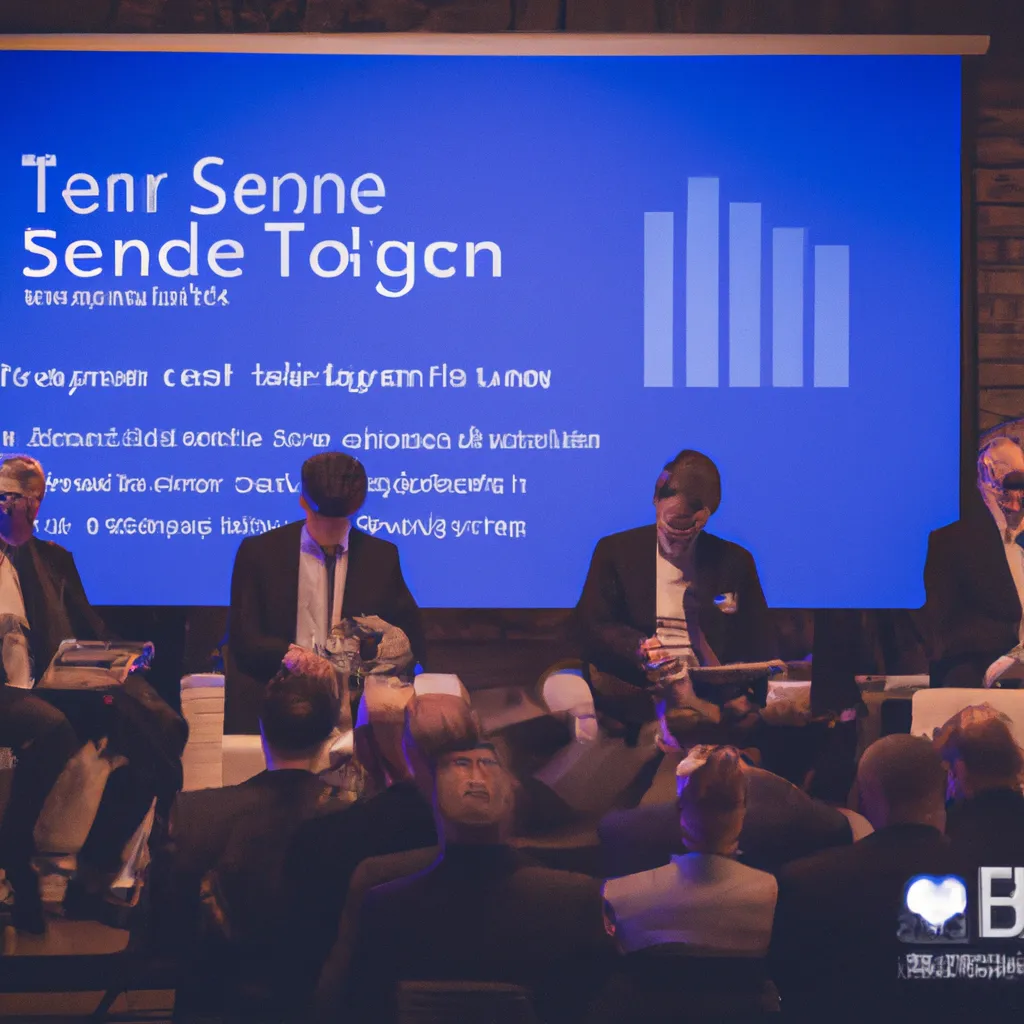'Real estate market expectations in 2024 and investor perspectives: Local and international perspectives'

'
The upcoming trends and future development of the real estate sector were the central theme of the conference organized by the leading real estate consulting company in Serbia CBS International, part of the Cushman & Wakefield group. The event gathered a large number of corporate clients and companies that shape the world of real estate and influence its development in Serbia.
The conference consisted of 2 panels - the first one focused on the features of the real estate sector combining different types of businesses, and it was moderated by Nenad Suzic, Director of Value Assessment and Consulting Development at CBS International. The panel of this part included: Igor Stebernak, Advisor to the Board''NLB Comercial Bank; Aleksandra Ciupic, director of real estate and specialty finance at Bank Erste; Milica Golubovic, vice president of marketing, format, real estate portfolio and business expansion at Delhaize; Achim Leon Pantelic, CEO and owner of collaborative spaces provider WeShare; and Sasha Popovic, founder and president of Vega IT.
The purpose of this panel was to showcase the perspectives of bankers/financiers and tenants - from the IT industry and retail properties - as already significant generators of market growth. The first panel touched on the relationship between the cost of financing, the role of banks and changes in interest rates. Over the past 10 years, interest rates have been''close to 0, but this very favorable financing was an unusual phenomenon. Now that benchmark interest rates are returning to the 2-4% range, which is considered normal, financing is proving to be more expensive than in the previous period and requires market adaptation. However, it is highlighted that in Serbia, despite the increase in financing costs, there is still significant investor interest to invest in real estate, unlike the situation in the region. On the other hand, when it comes to reducing the operating costs of companies, the principles of the so-called 'green agenda' are most supported, primarily through loans that aim to reduce costs over the long term by utilizing renewable energy sources. Because of the extremely favorable''finance in recent years, a lot of money has been invested in startups and a big bubble has been created in the IT sector. However, with the rising cost of financing, namely rising interest rates, investing in technology is becoming more rational. However, given that the IT sector is needed by many industries, there is not expected to be a big crisis in this area.
27 February
Modern real estate concepts, primarily office space, were also discussed, and co-working spaces are''has had double-digit growth in recent years, and this trend is expected to continue in the future.
The second panel gave insights from leading people in commercial real estate on future trends in the industry. The topics discussed were Pinar Jalčinkaja, CEO of MPC Properties, Angelina Nekić, CEO of Delta Real Estate and Vice President of Delta Holding, and Petar Kolognat, Development Director of CTP Serbia. This thematically very attractive panel was moderated by Goran Zivkovic, CEO of CBS International.
It was emphasized that the Serbian commercial real estate market, namely office space, retail facilities and the industrial sector, has great potential for growth. The demand for such premises''remains stable and is shaped by companies with long-term growth and expansion strategies in our market. Investors are responding to such tenant demands with a diversified portfolio of modern real estate that meets the real needs of the market. Also, given the global developments, the crisis in the supply chain, as well as the rising prices of construction materials, problems have not bypassed Serbia, and these have been big challenges faced by investors. On the other hand, given that the Serbian market is still young and the degree of available space is very low, landlords were able to achieve record results over the past period. Unfavorable world events, from the pandemic to the present day, have shown that companies from Western Europe are not profitable''to have their product inventories as well as their subcontractors in very remote locations, and the market for industrial facilities in Serbia is becoming increasingly important. Chinese companies, as important manufacturers and partners of other companies for various end product components, see Serbia as an ideal market, close to their European partners and the safest to invest in Europe.
All speakers of the second panel were unanimous on the importance of the real implementation of ESG standards in the real estate sector, in addition to intensive conversations on this topic, but also that it is a slower process than expected, given that this way of construction is more expensive compared to commercial buildings that have been built so far. Implementation of ESG standards''in construction should reduce operating costs for tenant companies in the long term, but will increase rental prices due to the more expensive construction of such buildings, so this is the first challenge landlords will face. However, ESG standards are much more than the way buildings are built and the environmental impact, they largely affect how a company affects the community in which it operates, and the real estate industry has largely begun to incorporate ESG principles into its operations.
The importance of the Expo 2027 event was also voiced, which will have a very positive impact on the various services in the city, and all sectors of real estate - residential, retail, and hospitality - are expected to expand. In addition,''Development of previously underdeveloped areas of Belgrade is expected, and improvement of Serbia's overall image in the world is inevitable, according to panelists.
Comment
Popular Posts
27 February
10
Popular Offers




Subscribe to the newsletter from Hatamatata.ru!
Subscribe to the newsletter from Hatamatata.ru!
I agree to the processing of personal data and confidentiality rules of Hatamatata











